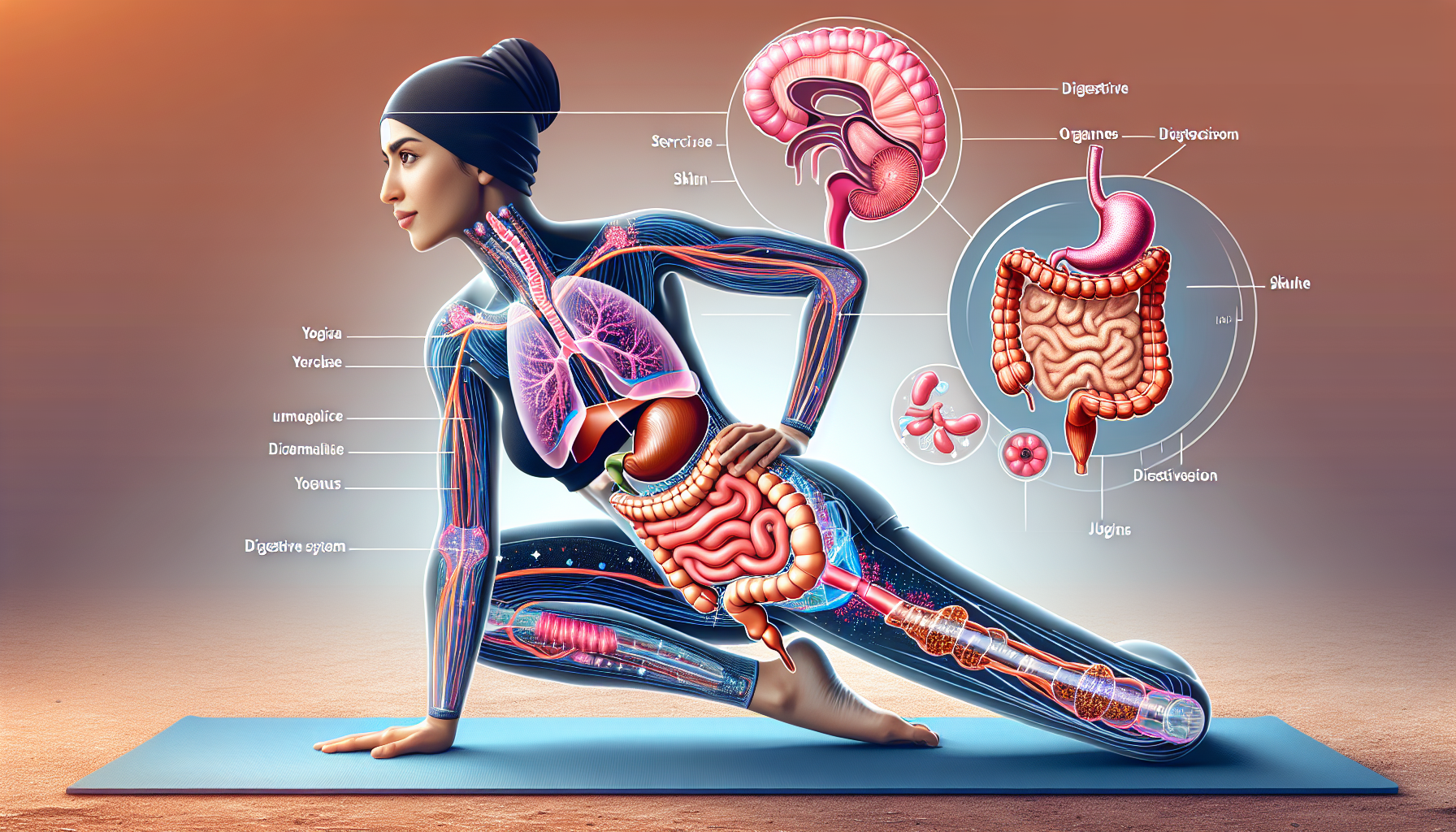Regular physical activity is widely recognized for its benefits to heart health, weight management, and mental well-being. However, its positive impact on gut motility—a term that refers to the movements of the digestive system that facilitate the transit of food and waste—is less well-known. Understanding how exercise influences gut health is crucial, as it offers a non-pharmacological approach to improving digestive wellness.
The Link Between Exercise and Digestive Health
Exercise and gut health are intimately connected. Physical activity can enhance blood flow to the digestive organs and help regulate the intricate balance of the gut microbiome, the community of microorganisms living in our intestines. Improved gut motility ensures that food moves through the digestive tract efficiently, which is essential for the absorption of nutrients and the timely evacuation of waste.
For those interested in a broader perspective on digestive health, the article on Digestive Health provides a comprehensive overview.
Mechanisms of Exercise-Induced Gut Motility
Physical activity stimulates the muscles of the gastrointestinal tract, which assists in propelling food through the digestive system. This muscle stimulation is crucial for preventing conditions such as constipation and bloating. Moreover, exercise-induced stress on the body can lead to the release of certain hormones, like cortisol, which can have a regulatory effect on gut motility.
Aerobic Exercise and Gut Transit Time
Aerobic exercise, in particular, has been associated with decreased gut transit time—the amount of time it takes for food to pass through the digestive system. This can be especially beneficial for individuals experiencing slow transit constipation. Studies suggest that even moderate-intensity aerobic exercise, such as brisk walking, can be effective.
Resistance Training and Intestinal Muscle Tone
Resistance training can also play a role in maintaining healthy gut motility by improving intestinal muscle tone and strength. Stronger intestinal muscles can lead to more efficient bowel movements and reduce the risk of digestive disorders like diverticular disease.
Exercise’s Role in Microbiome Diversity
Physical activity has been shown to increase the diversity and richness of the gut microbiome, which is associated with better health and reduced disease risk. A diverse microbiome is more resilient and can help in the digestion of a wide range of foods.
Impact on Beneficial Bacterial Strains
Certain exercises can boost the levels of beneficial bacteria, such as Bifidobacteria and Lactobacillus, which are known to enhance gut barrier function and reduce inflammation. This change could explain why physically active individuals tend to have a lower incidence of inflammatory bowel diseases.
For further insights on gut microbiome health, consider reading about The Importance of Prebiotic Foods in Gut Health.
Exercise, Stress, and Gut Motility
Stress can have a significant impact on the digestive system, often exacerbating conditions like irritable bowel syndrome (IBS). Regular exercise is a proven stress-reliever, reducing the impact of stress hormones on the gut and promoting a more balanced digestive process.
For an understanding of how emotional factors affect the gut, the article on The Impact of Emotional Stress on Gut Function is an informative resource.
Practical Guidelines for Exercise and Gut Health
To harness the benefits of exercise for gut motility, it is important to engage in both aerobic and resistance training exercises regularly. The frequency, intensity, and duration of exercise should be tailored to individual fitness levels and health conditions.
Recommended Exercise Regimens
- Aerobic Exercise: 150 minutes of moderate aerobic activity or 75 minutes of vigorous activity per week is recommended by health authorities.
- Resistance Training: Muscle-strengthening activities on two or more days a week.
Precautions for High-Intensity Workouts
While moderate exercise is beneficial for the gut, overly intense workouts, especially in untrained individuals, can temporarily disrupt gut function. It is crucial to build up intensity gradually and consider rest days to allow the body to recover.
Conclusion
Incorporating regular physical activity into one’s lifestyle can significantly improve gut motility and overall digestive health. By understanding the mechanisms by which exercise affects the digestive system and following practical guidelines, individuals can support their gut health naturally.
For those interested in how other lifestyle factors impact digestive wellness, the articles on Nutritional Strategies for Managing Gastritis and Addressing Nutrient Deficiencies in Digestive Disorders offer valuable information.
As research continues to unfold the complex relationship between exercise and gut health, it becomes increasingly clear that physical activity serves as a powerful tool for maintaining a healthy digestive system. Whether it’s to enhance gut motility, improve microbiome diversity, or manage stress, exercise is a fundamental component of a holistic approach to digestive wellness.



